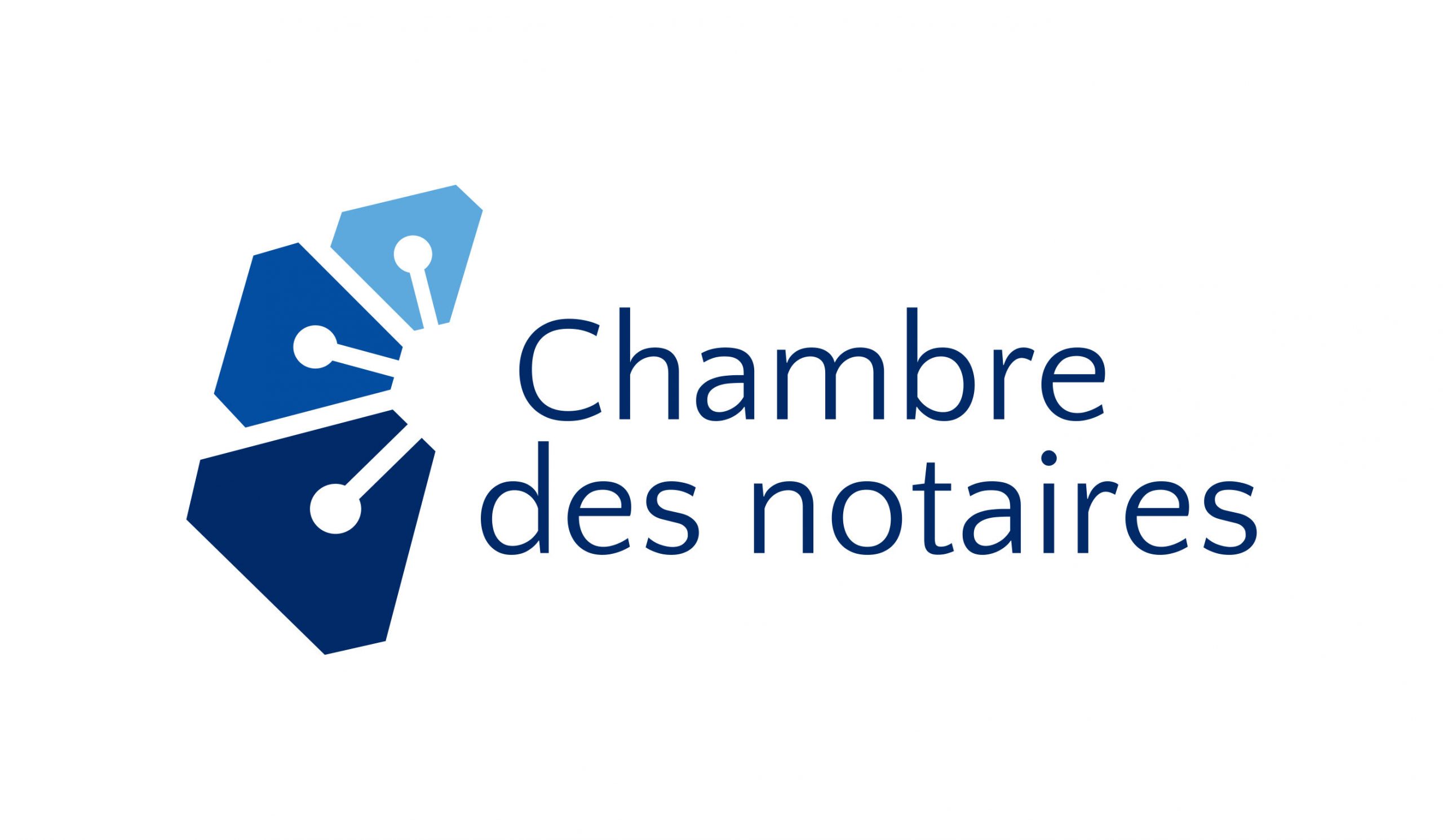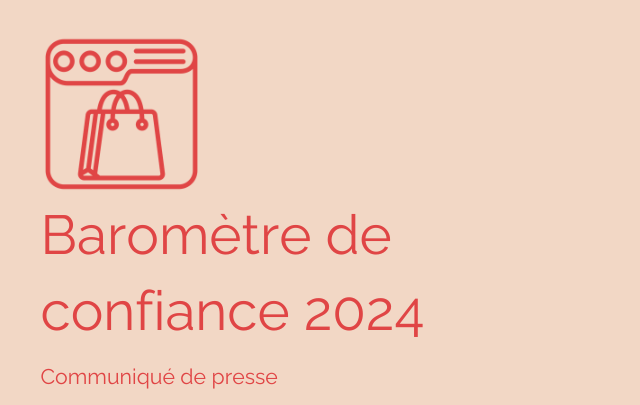

Only 48% of Canadians say they trust telecommunications companies, according to Option consommateurs ' s Industry Confidence Barometer. To reverse this trend, the very foundations of the industry need to be challenged. Here's how.
A survey carried out by Léger for Option consommateurs reveals a certain level of customer dissatisfaction in a number of sectors.
The retail (60%), travel (58%), banking and financial institutions (58%) and insurance (55%) industries fare relatively well. Study participants consider them to be the most trustworthy. So much for flowers!
The food, automotive, real estate and telecommunications industries score slightly lower, at 54%, 51%, 51% and 48% respectively. However, satisfaction with telecoms services is relatively high, at 84% for mobile telephony, 79% for the Internet and 78% for television. This is significantly higher in Quebec, where satisfaction rates are 89%, 84% and 84% respectively.
What's wrong with the telecom industry?
Customers have a number of grievances with the industry. Among these, the high price of services remains the main source of dissatisfaction for mobile telephony (63%), Internet (53%) and television (63%).
Alexandre Plourde, lawyer and analyst atOption consommateurs, has long been aware of this dissatisfaction in the field.
"Many studies show that Canadians are paying much more for these services than they are in other countries. The numerous complaints about disclosure or non-compliant contracts in recent years do nothing to build trust."
And should the customer be tempted to move to another service provider, the choice is limited across the country. The grass isn't necessarily greener next door!
Here are three changes that could change the game and give the telecom industry a fresh start.
Increasing competition in the industry
To benefit from better prices, ensure quality customer service and offer consumers a greater variety of choice, the number of operators in the industry needs to increase. "Stronger competition would be a solution to win consumer confidence in the industries," confirms Alexandre Plourde.
A new player could adopt an aggressive pricing strategy to make a successful foray into a new market. "And to avoid losing customers, the big national players will have to adjust, and prices will follow accordingly," he says. Several solutions can be envisaged to encourage the emergence of healthy competition.
For example, the arrival of a state-owned company as an additional player in the industry, or the arrival of a foreign company on Canadian soil, are two hypotheses that have regularly made the headlines. The regulatory framework is not adapted to these eventualities, however, and foreign investment is prohibited in this sector in Canada.
Promoting infrastructure sharing
In April 2021, after a lengthy review of the Canadian wireless market, the Canadian Radio-television and Telecommunications Commission (CRTC) ruled that BCE, Telus, Rogers Communications and SaskTel were obliged to sell access to their respective wireless networks to regional competitors who committed to building their own networks within seven years. A decision designed to improve competition.
A year later, in April 2022, a decision was reached in the case of Data On Tap, which had since sought mandatory access to the national network for companies without their own networks or spectrum licenses. The request was rejected, the government deeming that such a change could harm the efforts of smaller regional providers who have already invested substantially on their side.
National wireless networks therefore remain closed to competitors without their own infrastructure. These providers, known in the industry as "mobile virtual network operators (MVNOs)", would have the capacity to stimulate competition and lower bills for consumers.
Facilitating dialogue
When a problem of trust undermines relations between two parties, communication is sometimes the key to salvation. In this case, every opportunity to communicate with a customer should lead to greater transparency.
"Bills would benefit from being easier to read and understand," says Alexandre Plourde. These comments echo the findings ofOption consommateurs 's Trust Barometer: only 41% of respondents feel that the contract between them and their telecom company is clear enough. Consumers often pay the price, for the time being, when solutions are just around the corner.






